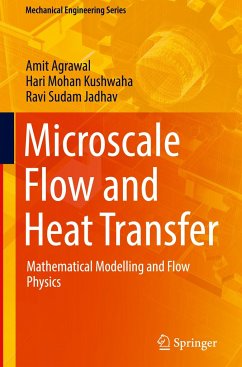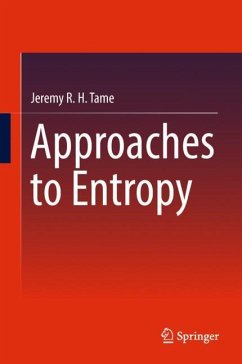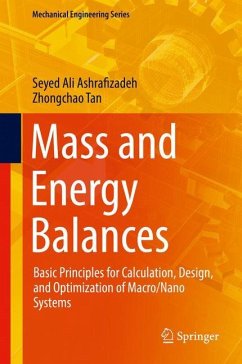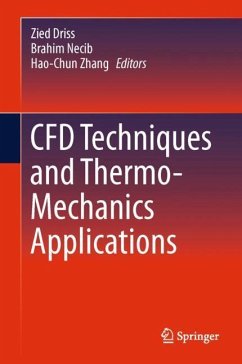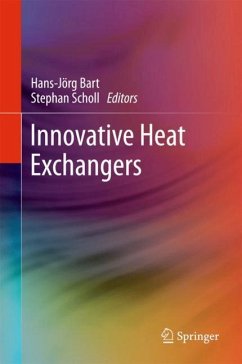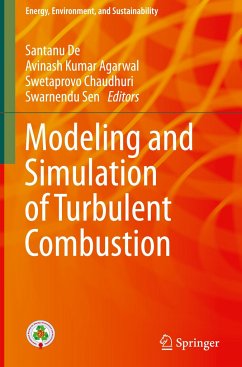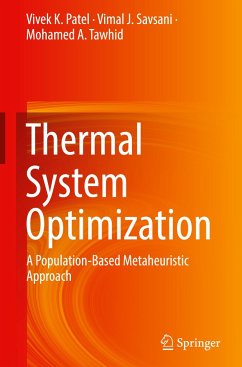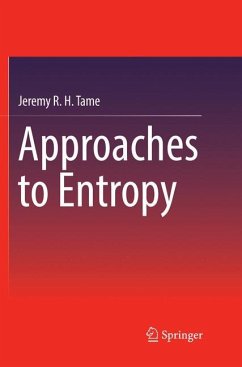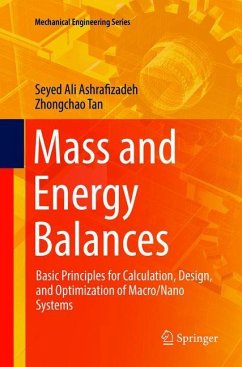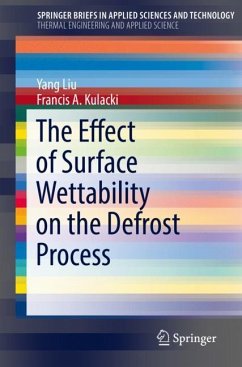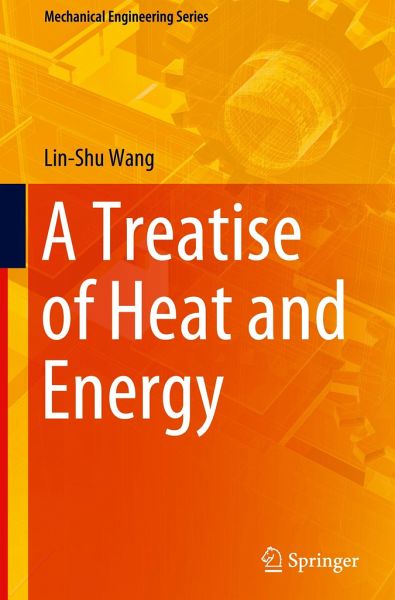
A Treatise of Heat and Energy

PAYBACK Punkte
29 °P sammeln!
This textbook explains the meaning of heat and work and the definition of energy and energy systems. It describes the constructive role of entropy growth and makes the case that energy matters, but entropy growth matters more. Readers will learn that heat can be transferred, produced, and extracted, and that the understanding of generalized heat extraction will revolutionize the design of future buildings as thermal systems for managing low grade heat and greatly contribute to enhanced efficiency of tomorrow's energy systems and energy ecosystems. Professor Wang presents a coherent theory-stru...
This textbook explains the meaning of heat and work and the definition of energy and energy systems. It describes the constructive role of entropy growth and makes the case that energy matters, but entropy growth matters more. Readers will learn that heat can be transferred, produced, and extracted, and that the understanding of generalized heat extraction will revolutionize the design of future buildings as thermal systems for managing low grade heat and greatly contribute to enhanced efficiency of tomorrow's energy systems and energy ecosystems.
Professor Wang presents a coherent theory-structure of thermodynamics and clarifies the meaning of heat and the definition of energy in a manner that is both scientifically rigorous and engaging, and explains contemporary understanding of engineering thermodynamics in continuum of its historical evolution. The textbook reinforces students' grasp of concepts with end-of-chapter problems and provides a historical background of pioneering work by Black, Laplace, Carnot, Joule, Thomson, Clausius, Maxwell, Planck, Gibbs, Poincare and Prigogine.
Developed primarily as a core text for graduate students in engineering programs, and as reference for professional engineers, this book maximizes readers' understanding and shines a light on new horizons for our energy future.
Professor Wang presents a coherent theory-structure of thermodynamics and clarifies the meaning of heat and the definition of energy in a manner that is both scientifically rigorous and engaging, and explains contemporary understanding of engineering thermodynamics in continuum of its historical evolution. The textbook reinforces students' grasp of concepts with end-of-chapter problems and provides a historical background of pioneering work by Black, Laplace, Carnot, Joule, Thomson, Clausius, Maxwell, Planck, Gibbs, Poincare and Prigogine.
Developed primarily as a core text for graduate students in engineering programs, and as reference for professional engineers, this book maximizes readers' understanding and shines a light on new horizons for our energy future.



